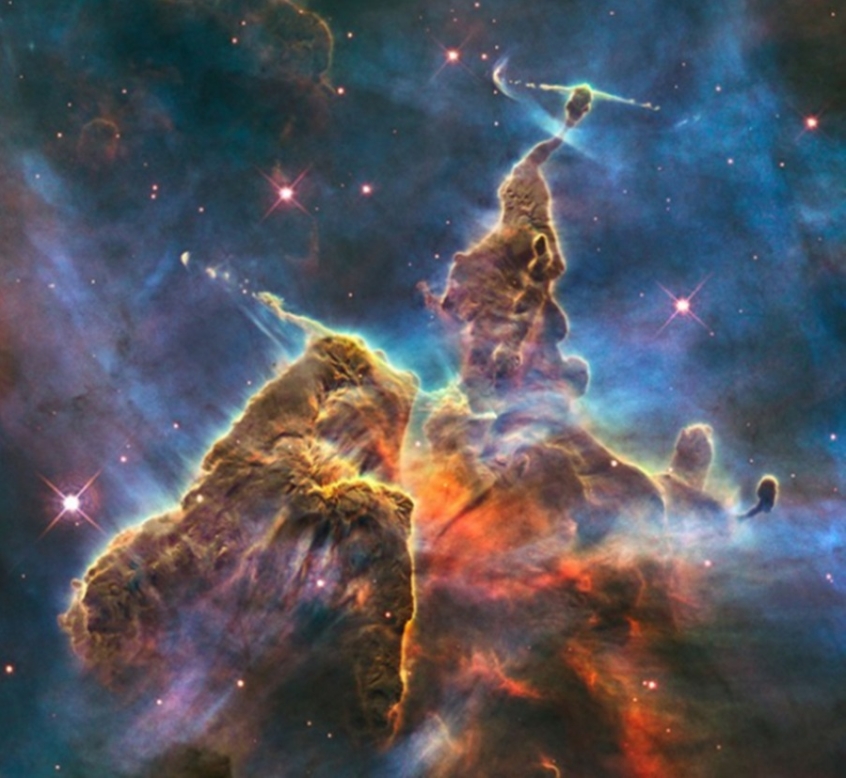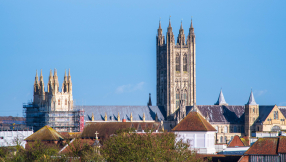
The Vatican is gathering the world's top scientists and cosmologists in an effort to better understand the mysteries of the universe.
The conference, running from 9 to 12 May, is titled 'Black Holes, Gravitational Waves and Space-Time Singularities' and draws scientists from across the world to the Vatican Observatory in Castel Gandolfo.
The observatory director, Jesuit Brother Guy Consolmagno, said it was a chance to show the world that 'the Church supports good science', according to the Catholic Herald.
'We are hoping that this meeting will also be an encounter of people with very different opinions but very close friendships that come from having the same common desire to understand the truth of the universe and how we can understand that truth,' he said.
The conference will also celebrate the legacy of Monsignor George Lemaitre, a Jesuit cosmologist who in 1927 posited that the receding of distant galaxies was due to the expansion of the universe, which pointed back to a 'primeval atom' from which the universe originated. His hypothesis is now most commonly known as the Big Bang Theory.
'He understood that looking backward in time, the universe should have been originally in a state of high energy density, compressed to a point like an original atom from which everything started,' the observatory said.
The conference aims to explore 'the limits of modern cosmology and the scientific challenges of the near future', including reflection on the implication of the 2016 discovery of gravitational waves.
Consolmagno said that Lemaitre shows the church and science need not be at odds, but complement each other. God created the world, and 'our science tells us how he did it', he said.
Though some scientists may not believe in God, 'The search for truth is what unites us'.
He added: 'Lemaitre himself was very careful to remind people — including Pope Pius XII — that the creative act of God is not something that happened 13.8 billion years ago. It's something that happens continually.'
He emphasised that in Christian thought God is not a distant deity who merely causes the Big Bang, since otherwise 'you've reduced God to a nature god, like Jupiter throwing lightning bolts. That's not the God that we as Christians believe in'.
In 2014 Pope Francis said that Christian theology was compatible with the theories of evolution and the Big Bang. He rejected creationist theories, saying that God is 'not a magician with a magic wand'.













